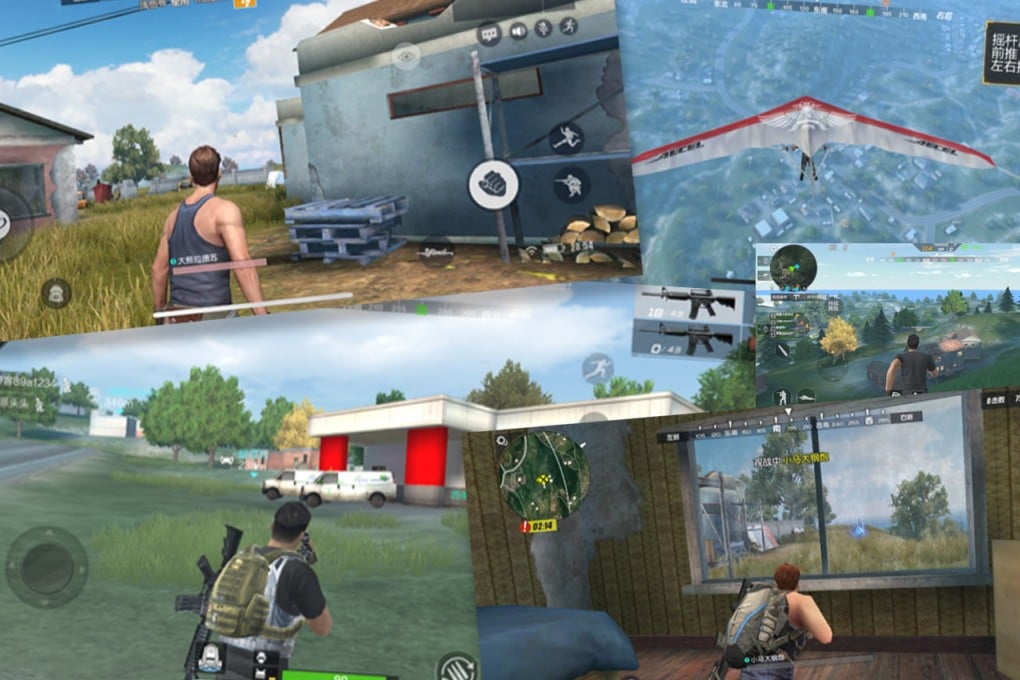PlayerUnknown's Battlegrounds clones flood Chinese smartphones
How Chinese game makers beat Western publishers to the punch

The game hadn’t been officially released in China, yet by some estimates, half of the game’s players were from the country.
As big as PC gaming is in China, it’s dwarfed by mobile gaming. There are over 400 million people playing games on smartphones in the country. To put that into perspective, that’s more than the entire population of the United States.
So it’s no surprise that Chinese gaming companies like NetEase and Tencent raced to create clones of PlayerUnknown’s Battlegrounds -- not for PC, but for smartphones.
Clones of a successful product aren’t new, let alone from China. What makes this remarkable is how quickly Chinese companies were able to copy a technically challenging game, squeeze it onto smartphones, and grab a truly enormous audience: Just one of these clones, Knives Out, has 100 million registered players -- dwarfing the 30 million on PlayerUnknown’s Battlegrounds.
Battle royale
PlayerUnknown’s Battlegrounds, often shortened to PUBG, is a battle royale game with a similar premise to the competition in The Hunger Games.
Each round begins with 100 players jumping out of a plane, parachuting towards a deserted island. They land with no equipment, forcing them to scavenge for weapons and eliminate anyone else -- until just one player is left standing.